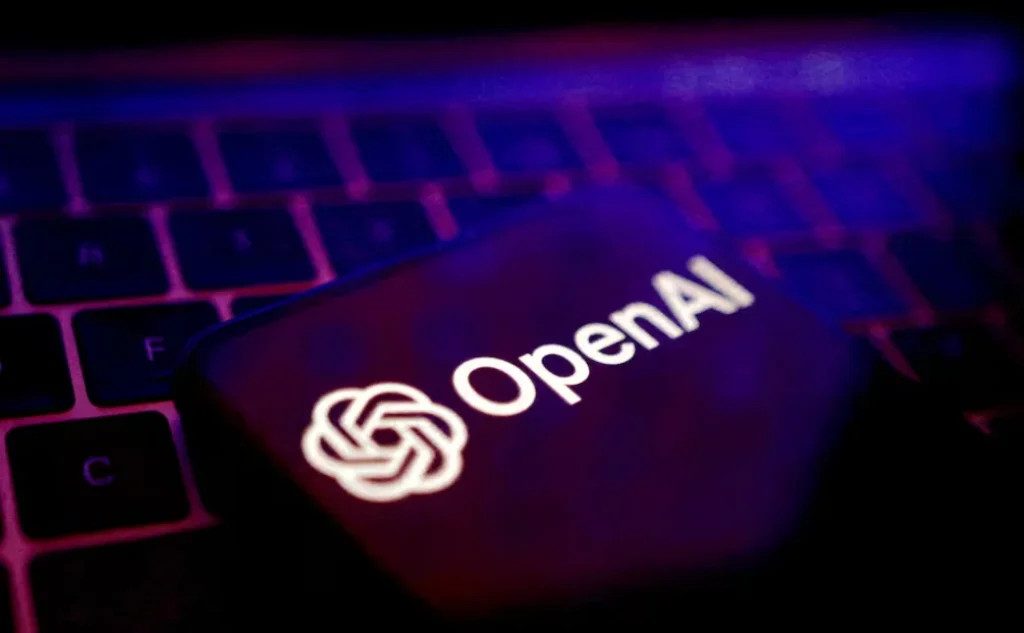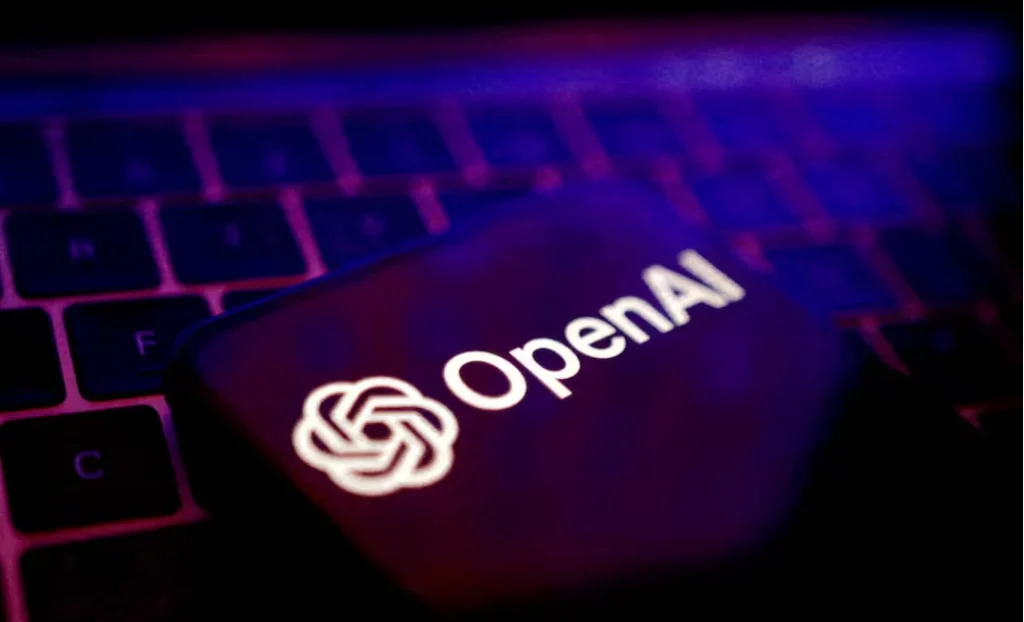OpenAI Warns: China’s Zhipu AI Gaining Global Ground Amid Beijing’s AI Leadership Ambitions
In a new report released Wednesday, OpenAI spotlighted the rapid rise of Zhipu AI, a Chinese AI startup increasingly seen as a key player in Beijing’s quest for global AI dominance. According to OpenAI analysts, Zhipu AI has made significant strides in securing government contracts across Asia, the Middle East, and Africa, marking a notable shift in the international artificial intelligence landscape.
The report emphasises that Zhipu AI—backed by the Chinese Communist Party (CCP) and more than $1.4 billion in state investment—is gaining traction by offering “sovereign AI infrastructure” and private hardware solutions co-developed with Huawei.
“Zhipu AI is locking Chinese systems and standards into emerging markets before U.S. or European rivals can, while presenting itself as a ‘responsible, transparent, and audit-ready’ alternative,” OpenAI said in its public statement.
Zhipu AI Expands into Malaysia, UAE, Kenya, and Beyond
The Chinese firm is now providing large language model (LLM) infrastructure, on-premise AI services, and custom hardware deployments to governments and state-owned enterprises in:
- 🇲🇾 Malaysia
- 🇸🇬 Singapore
- 🇦🇪 United Arab Emirates
- 🇸🇦 Saudi Arabia
- 🇰🇪 Kenya
This strategic expansion reflects China’s broader objective to build a self-reliant and export-ready AI ecosystem—independent of U.S. technology—while also influencing global AI standards.
U.S. Adds Zhipu AI to Export Control List
In January 2025, the U.S. Commerce Department added Zhipu AI to its export control entity list, effectively banning the company from accessing American components and software. The move underscores U.S. concerns over the national security implications of China’s growing influence in the AI sector.
Despite these restrictions, Zhipu continues to advance, aligning itself with other Chinese AI frontrunners such as
- DeepSeek
- Moonshot AI
- Minimax
- ByteDance
- Alibaba
OpenAI Counters With “OpenAI for Countries” Program
In response to Beijing’s international AI push, OpenAI has been actively engaging with governments through its “OpenAI for Countries” initiative, a program designed to help nations develop sovereign AI capabilities in partnership with the U.S. government. The initiative has seen uptake in parts of the Middle East and Asia, where OpenAI aims to ensure that local governments have access to secure, transparent, and democratically aligned AI tools.
The Bigger Picture: U.S.-China AI Arms Race Intensifies
OpenAI’s revelations arrive amid escalating geopolitical competition between the U.S. and China in the AI space, with both superpowers vying for:
- Technological superiority in AI models and infrastructure
- Influence over international AI regulations and standards
- Access to emerging markets and sovereign digital infrastructure
Zhipu AI’s growing international footprint represents not only China’s ability to scale its AI industry globally but also its intent to reshape the digital futures of developing nations—a move likely to fuel further strategic rivalry.
Zhipu AI’s expansion into global markets—backed by China’s state apparatus and strategic funding—signals a new chapter in the global AI race. As OpenAI and the U.S. ramp up sovereign AI partnerships, the world is entering a bipolar AI order, with emerging markets caught in the middle of competing models of tech governance, infrastructure, and ideology.












